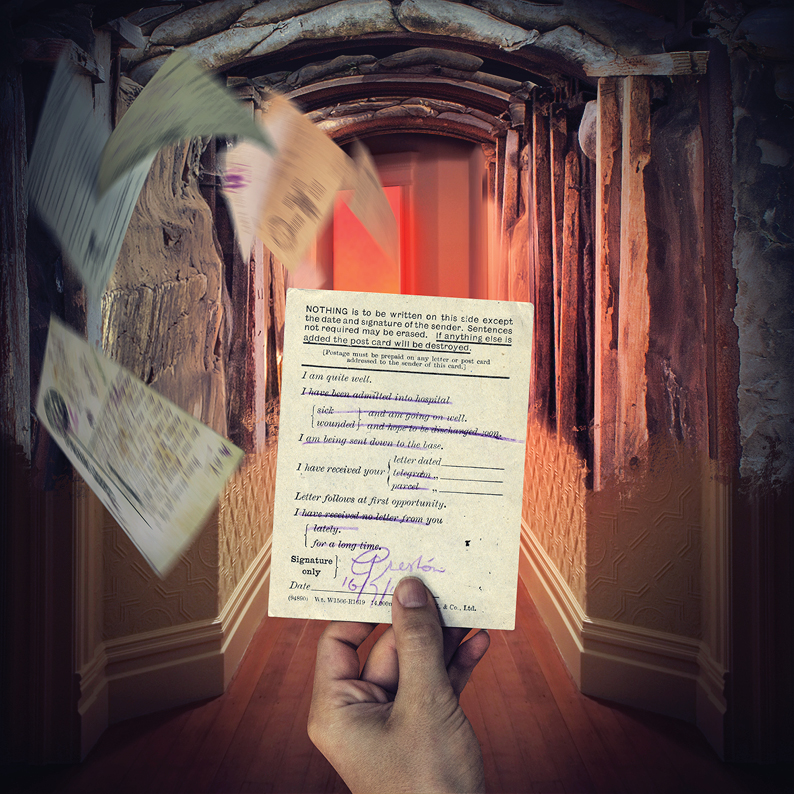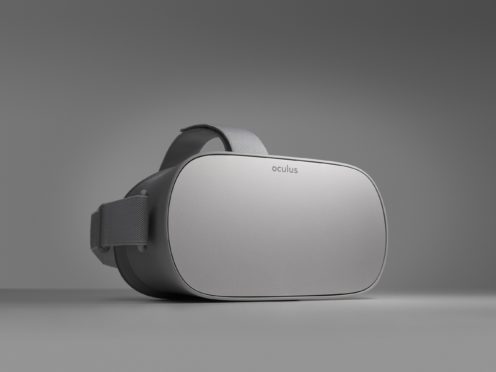The BBC is to broadcast a performance during the Proms in virtual reality (VR) for the first time.
Nothing To Be Written will be a seven-minute experience inspired by the field postcards sent from the frontlines of the First World War which can be experienced via a virtual reality headset.
The experience will be premiered during the Proms, and will see attendees put on Oculus Go VR headsets to experience the short film, which takes place between families at home waiting for news of their loved ones, and the trenches of the frontline.
It has been created by composer Anna Meredith and creative company 59 productions, as well as First World War centenary arts programme 14-18 Now and Edinburgh International Festival.
It features the BBC Proms Youth Ensemble and the National Youth Choir of Great Britain, alongside the BBC Symphony Orchestra
It will premiere on August 21 at the Metric Bar of Beit Venues Imperial College Union, with free tickets available via the BBC Proms website.

The short film will then be released later in the year for virtual reality headset owners to experience for themselves at home.
Composer Anna Meredith said: “I’m totally delighted with 59 Productions’ beautiful story telling in ‘Nothing to Be Written’ – to me it mirrors the music I wrote by allowing you to experience the texture both at a distance or really zooming into the detail of the Field Postcards and the stories they tell beyond the prescribed text.”
A second virtual reality experience will also be previewed at the Proms – the 25-minute film will place those watching inside the Royal Albert Hall as the score from Nothing To Be Written, Five Telegrams, plays and the building and its geometry morph and change around the user.
Zillah Watson, the commissioning editor at the BBC’s VR Hub, said: “This extraordinary piece is a brilliant example of the BBC’s cutting-edge work in virtual reality.
“It’s the most exciting new technology in media today, and we’re using it to give viewers a new perspective on music and art with the BBC Proms.
“The experience helps the viewer understand the terrible gap between families at home and soldiers on the front line by putting them right at the heart of it.
“Anna’s beautiful, haunting music accompanies the viewers as they gain a greater understanding of the stark realities of life on the front line a century ago, and the painful pragmatism of the field postcard forcing interactions with loved ones into an expedient but heart-breaking tick box exercise.”
